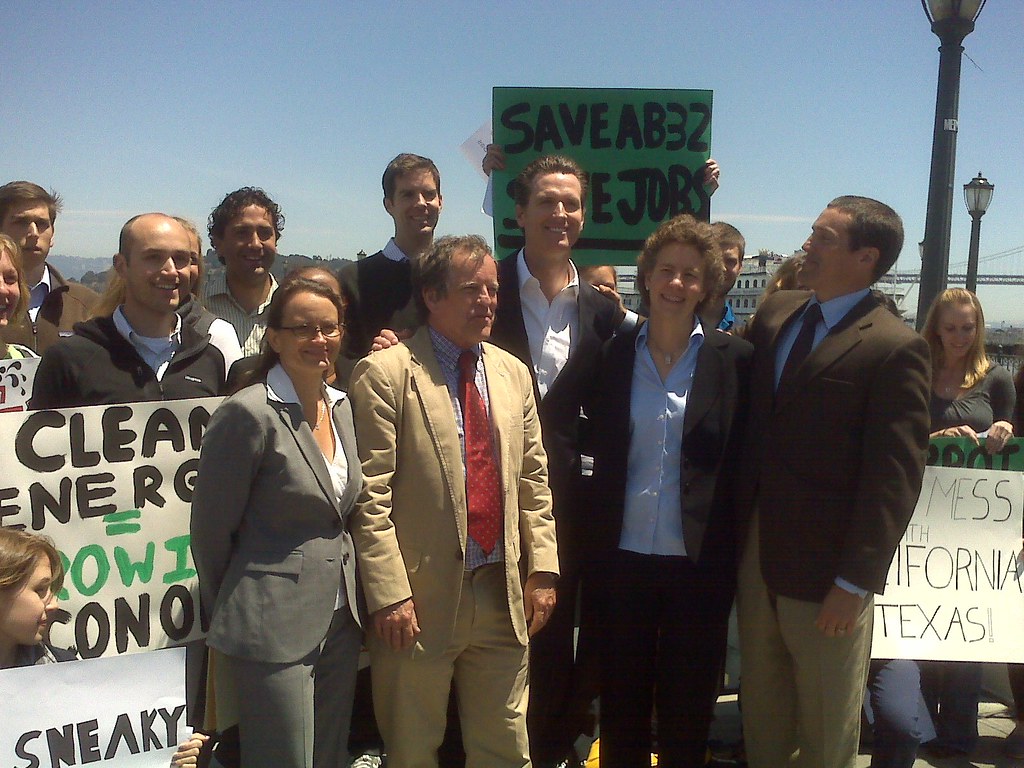In the aftermath of 9/11, we saw thousands of workers develop devastating respiratory conditions and other illnesses as a result of exposure to toxic dust that filled the air in the days and weeks after the twin towers fell. To this day, these peoples’ plight continues to add misery to the ongoing tragedy of 9/11. What makes it even worse is that these people were assured the air was safe. As we all know now, it wasn’t.
Today, sadly, history may be repeating itself in the Gulf of Mexico.
(Thank you to Ligia Ercius-Dipaola, who posted this video on the NRDC Action Fund Facebook Page)
Amazingly, despite reports like this one, BP “continues to pretend that – just like an oil spill of this magnitude could never happen – there also could not possibly be a worker health concern.” While the potential health hazards posed by chemical dispersants and oil itself are debatable, it is clear that significant risks existed.
Already, we’ve seen evidence of the impact that spilled oil can have on human health. For starters, an increasing number of workers and residents in Gulf Coast areas have reported “suffering from nausea, vomiting, headaches and difficulty breathing.” Considering that oil contains “petroleum hydrocarbons, which are toxic and irritating to the skin and airways”, as well as volatile chemicals “which can cause acute health effects such as headaches, dizziness and nausea” it’s no surprise that these symptoms are appearing.
(Thank you to Gary Chattem, who posted this on the NRDC Action Fund Facebook Wall)
So now, with the “60 exposure-related complaints filed with the Louisiana Department of Health and Hospitals”, not to mention the “overwhelming evidence that many of the compounds found in crude oil are dangerous,” shouldn’t BP be protecting the people who are cleaning up this mess? If they aren’t doing so, why aren’t they?
The bottom line is this: people along the Gulf Coast deserve to know the facts regarding the dangers they are facing and how to protect themselves. It’s bad enough that their economic livelihoods are in danger of destruction in part due to BP’s greed and recklessness. But if their lungs and other organs are damaged by oil and dispersant particles in the air, more than their economic livelihoods could be damaged.
None of us should ever forget that this disaster was brought on, at least in part, by BP cutting corners to save a few (million) bucks, and by the government’s failure to prevent the company from doing so. As a result, the unthinkable has happened. We must learn from those grave mistakes, not repeat them. That means, in the long term, ridding ourselves of our dangerous, destructive addition to oil. But what must happen now – right now – is for BP to stop cutting corners with the health of the people cleaning up the Gulf.
At the minimum, BP must switch its philosophy from “hope for the best” to “do whatever it takes, whatever the cost, to make sure people are safe.” If BP won’t “make it right,” as the company’s ads like to say, then the government should force BP to do so. In the words of one Venice, LA mother: “I’ve got the two most beautiful children in the world. If something were to happen to them, how could I look in those baby blues and say, Mommy didn’t know?” It’s a great question. What’s the answer, BP?

 As if the oil companies from Texas – and their allies in the corridors of power – hadn’t done enough harm to our country already (for more, see the late, great Gulf of Mexico), now they are at it once again. This time, it’s Valero and Tesoro, pouring money into a campaign this election season to undo California’s landmark, clean energy and climate law, AB 32. On Tuesday, the oil companies’ proposition
As if the oil companies from Texas – and their allies in the corridors of power – hadn’t done enough harm to our country already (for more, see the late, great Gulf of Mexico), now they are at it once again. This time, it’s Valero and Tesoro, pouring money into a campaign this election season to undo California’s landmark, clean energy and climate law, AB 32. On Tuesday, the oil companies’ proposition